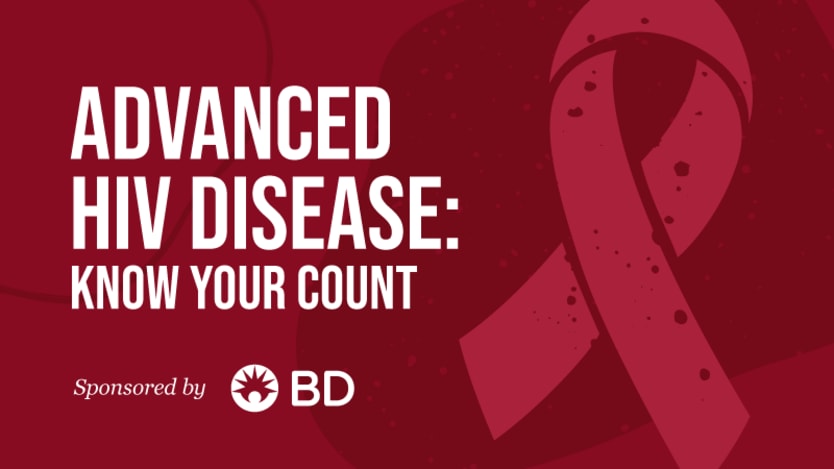
The expanded use of antiretroviral therapy has had an enormous impact on the trajectory of people living with HIV, but it isn’t enough to ensure no one dies from the virus. In 2019, around 690,000 people died from AIDS-related illnesses — with over 440,000 of them on the African continent — compared to the 1.95 million lives lost at the height of the HIV epidemic in both 2005 and 2006.
COVID-19 risks disrupting some of the gains made and put even more lives at risk. Modelling conducted on behalf of UNAIDS and the World Health Organization has shown that a six-month disruption to medical supplies caused by the pandemic could result in an additional 500,000 deaths from AIDS-related illnesses — including tuberculosis — in sub-Saharan Africa alone by the end of this year.
Identifying individuals with advanced HIV disease, or AHD, is the main gateway to the WHO recommended package of care for AHD, which includes screening, treatment, and prophylaxis for major opportunistic infections, rapid initiation of antiretroviral treatment, and intensified treatment adherence support.
Devex spoke to health practitioners and experts in five African countries to explore some of the underlying challenges — as well as solutions — to identifying, treating, and preventing AHD on the continent.
Explore the full visual story: Overcoming obstacles to diagnosing and treating advanced HIV disease
Visit the knowyourcount.devex.com series for more coverage on how to make diagnostic tests and treatment for advanced HIV patients more accessible by sharing insights from practitioners, policymakers, and people living with AHD. You can join the conversation using the hashtag #AdvancedHIV.

